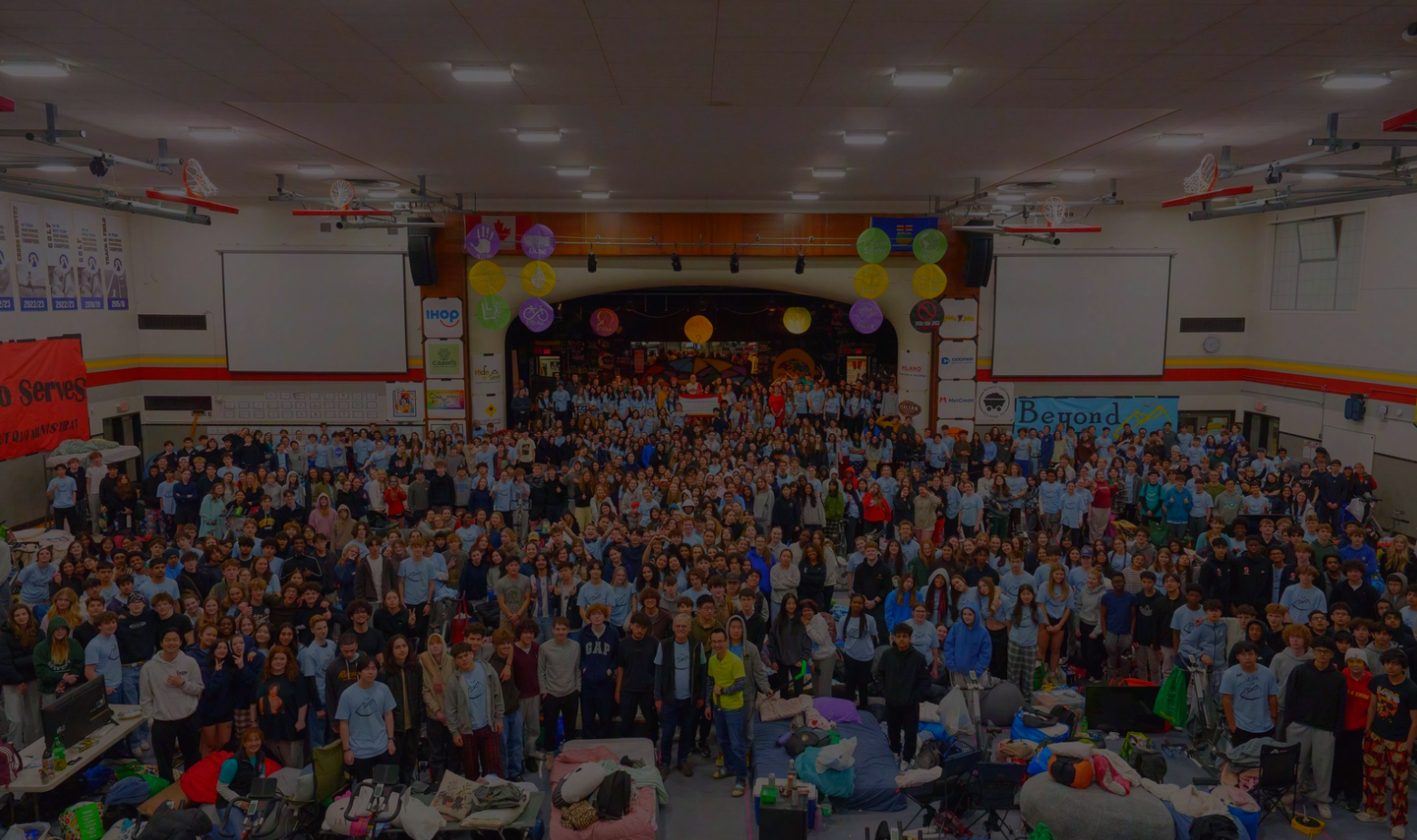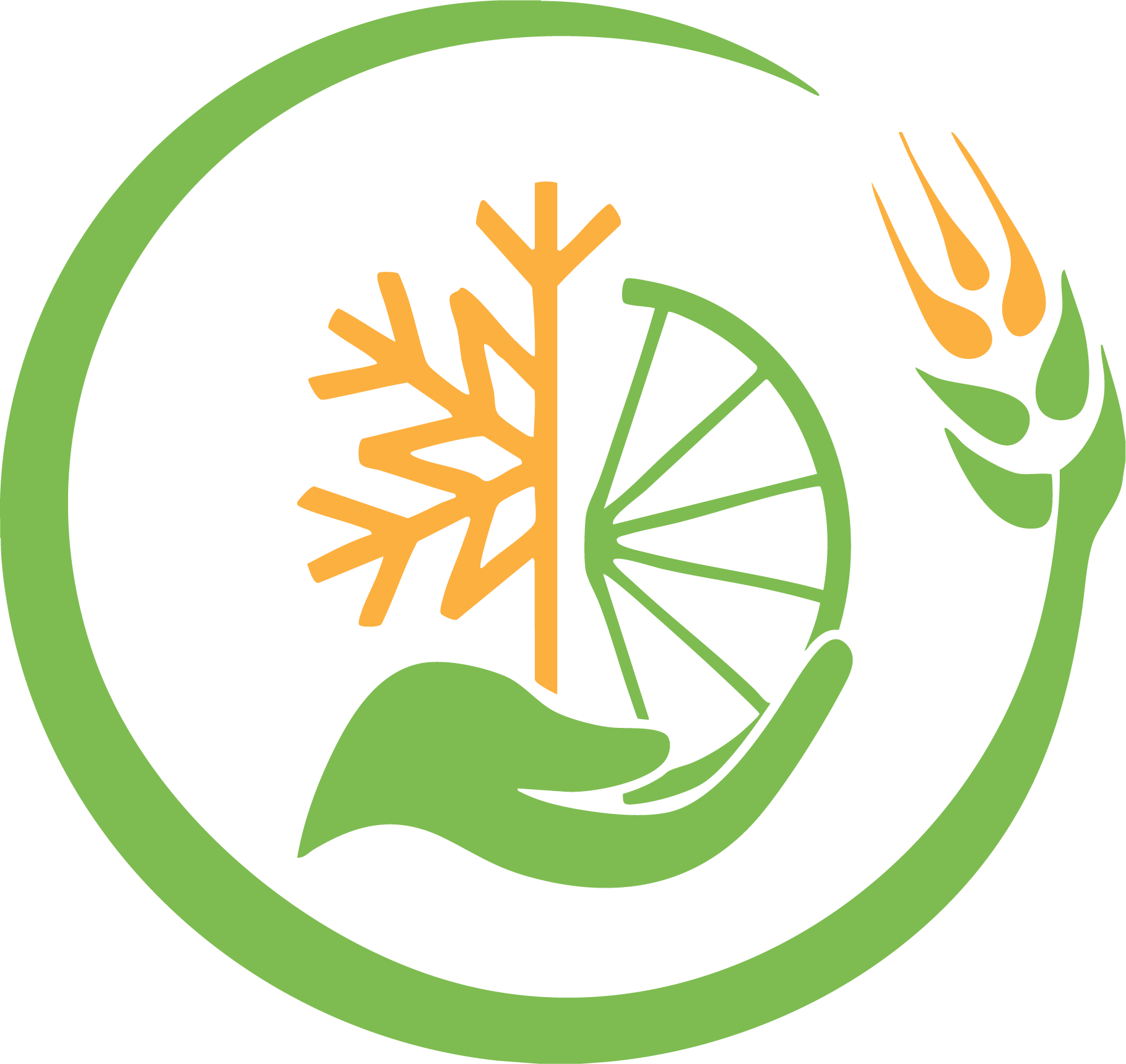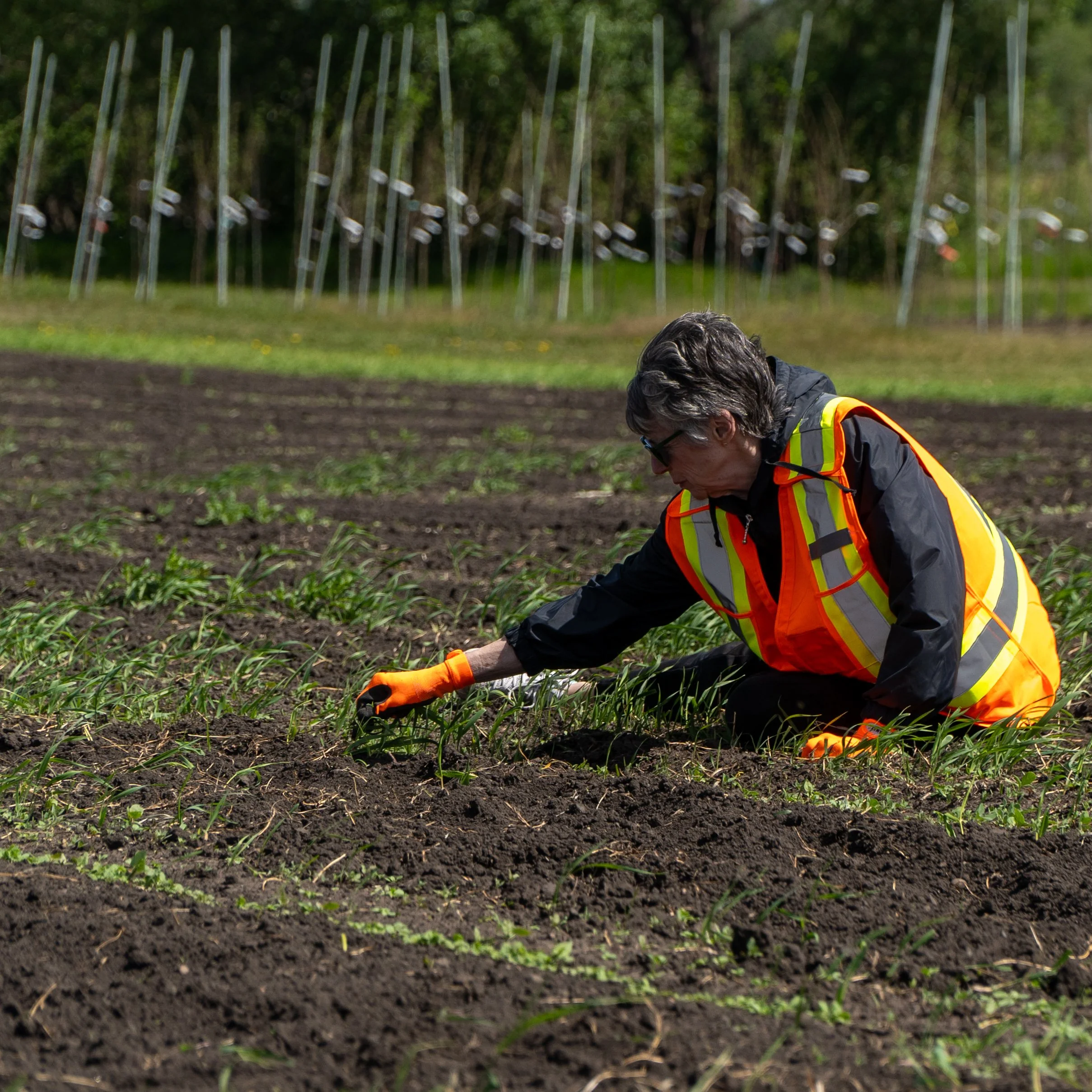
The Scona Initiative is founded upon our values of helping and serving our community. As a part of our school culture, we are able to continuously make lasting impacts on communities around the world. Since 2008, Scona Initiatives have raised a total of $3.5 million and provided support for those in need.
Last year, Scona Lords came together and raised over $241,000 for Sombrilla, an organization dedicated to bringing access to higher levels of education for rural areas of Honduras. The goal for the 2025-26 Initiative is to raise over $250,000 for Edmonton’s Food Bank.
Edmonton’s Food Bank
Their Purpose:
The Edmonton Food Bank supports individuals and families experiencing food insecurity by providing access to nutritious food and essential resources through a city-wide network of programs and partner agencies. As the first food bank established in Canada, it has grown into a vital community hub that served tens of thousands of Edmontonians in 2022 through emergency food hampers, meal programs, and partnerships with shelters, schools, and community organizations.
Their approach has always been rooted in collaboration — partnering with grocery stores, food producers, and donors to collect surplus food and ensure no edible food goes to waste. Community members often express how impactful it is to see so many groups working together toward a shared goal of reducing hunger. People come to the Edmonton Food Bank for many reasons, such as to receive a hamper during a difficult time, access meal supports, or connect with agencies that can help address the broader challenges that contribute to poverty. Because the Edmonton Food Bank exists, individuals and families can receive help in a welcoming, dignified environment rather than going without the essentials they need.
What does my donation go towards?
· $25 Donation: Provides 7 dozen eggs (1 dozen = $3.40) supporting 7 households and enough for 84 individual meals.
· $50 Donation: Provides a full “breakfast bundle” for 5 families including cereal & milk (approx. $10 per family).
· $75 Donation: Supplies 320 schools’ snacks for one of our 88 schools Edmonton’s Food Bank supports.
· $100 Donation: Provides a complete “hamper starter pack” including milk, eggs, pasta sauce, canned vegetables, beans, cereal, and mac & cheese for two families.
$200 Donation: Buys food for 80 vulnerable people who are accessing a meal at a shelter/soup kitchen.
$200,000 – Fully funds the construction of the new cooler and supports nearly two years of operation, including essential electrical costs, ensuring fresh local produce can be stored and shared throughout the winter and spring.
Services and Programs They Provide:
Edmontons food Bank provides Many srevices and programs to help underprivilaged people
Food Hamper Program
Provides individuals and families with nutritious food hampers during times of need.
Emergency Food Support
Offers quick, short-term food assistance for people experiencing urgent or crisis situations.
Meal & Snack Support
Supplies food to soup kitchens, shelters, and community groups, helping serve thousands of meals every day.
School S.N.A.C.K. Program
Delivers healthy snacks and food items to schools to support vulnerable children and youth.
Food Rescue Program
Collects surplus, near-dated, or unsellable-but-edible food from grocery stores and warehouses to reduce waste and fight hunger.
Second Helping Program
Recovers leftover prepared food from events and catering facilities to safely redistribute to people in need.
Beyond Food Program
Provides long-term support like employment coaching, skills upgrading, financial literacy, and community referrals to address the root causes of hunger.
Volunteer Program
Engages thousands of volunteers who help sort, pack, and distribute food, supporting daily Food Bank operations.
Partner Agency Distribution
Works with over 350 agencies — including shelters, schools, and soup kitchens — to ensure food reaches people across the city.
Continuum of Support:
Edmonton’s Food Bank provides steady support that follows people through every stage of need, from the moment they seek help to the point where they begin rebuilding stability.
Reaching Out:
Individuals are connected to support through community depots, agencies, or schools when food insecurity is identified.
Immediate Relief:
Food is made available quickly through distribution points or emergency partners to help during urgent moments.
Community Connection:
Shelters, soup kitchens, and schools provide ongoing access to food, creating consistent support across the city.
Support for Youth:
Schools receive snacks and food items to ensure students can focus, learn, and feel supported.
Pathways Forward:
As individuals regain stability, they are connected with opportunities for skill-building, employment support, and community resources.
Ongoing Care:
Volunteers, donors, and partners help keep support continuous, ensuring the Food Bank remains a reliable presence in people’s lives.
And more info to come!
As always thank you for supporting our schools Initiatve!
-The leadership 35 Team












